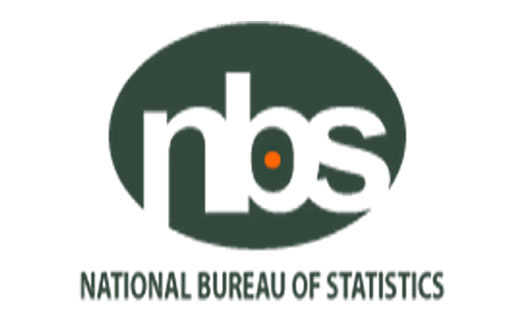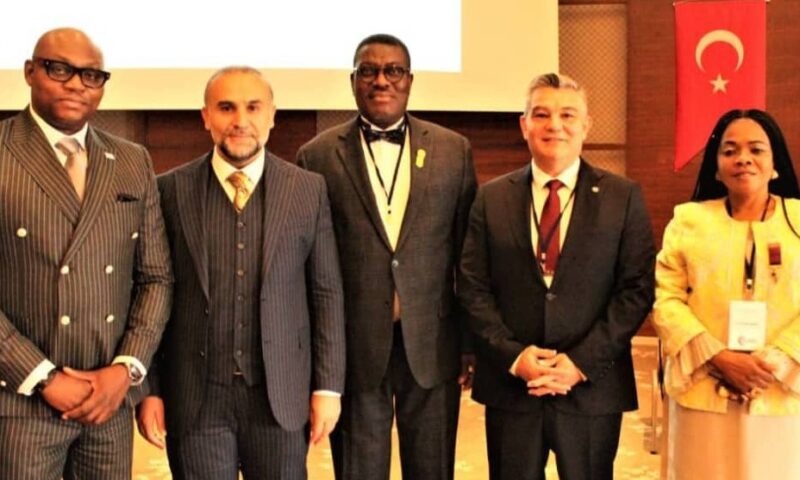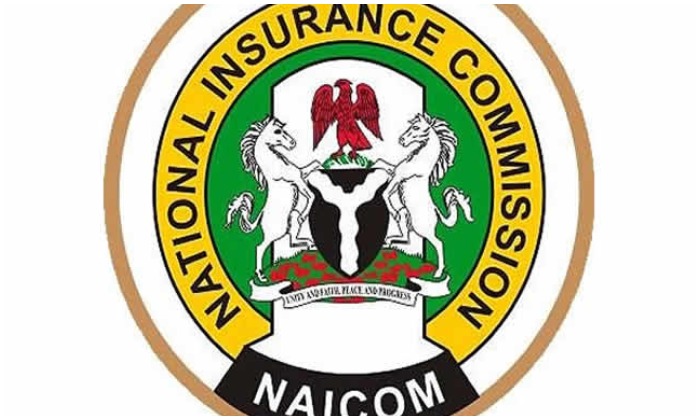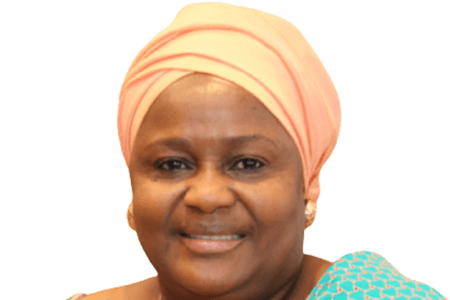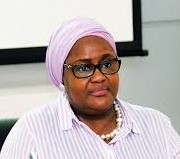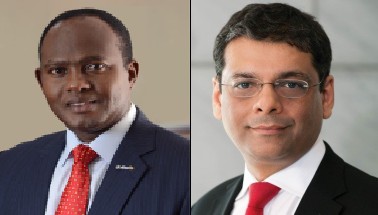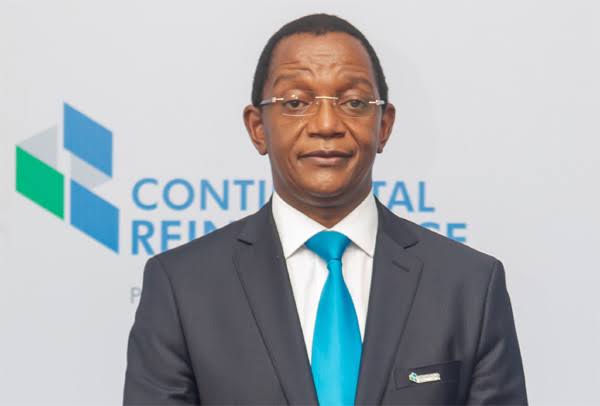AGCS set to boost Alternative Risk Transfer team
By Favour Nnabugwu
Allianz Global Corporate & Specialty (AGCS) is set to raise the capabilities and resources of its Alternative Risk Transfer (ART) line to growing customer interest in tailored solutions that complement traditional Property & Casualty products.
ART as an option for insurable risks and other business concerns
With a realigned risk appetite and underwriting strategy, ART will target growth opportunities in two major areas: first, captive solutions including captive fronting, and second in the area of structured solutions, which are multi-year, multi-line coverages, including parametric coverage.
Dedicated investments include growing the current 90-strong ART team by 20 new positions to strengthen ART delivery across all areas from modeling and underwriting to legal expertise and claims.
“With its strong expertise and special offering, our ART team can support businesses in the current environment of enormous uncertainty.
Many of our clients seek bespoke solutions for an increasing array of risk scenarios from traditional to non-traditional such as supply chain or sustainability-related risks,” says Shanil Williams, Chief Underwriting Officer Corporate of AGCS.
“With our ART line of business, we have a strong track record and market share in alternative risk transfer and aim to further grow our capabilities and footprint in this sophisticated segment.
From our perspective, alternative and traditional risk transfer are very much complementary and we aim to realize the most suitable solution for each customer with one or the other or a combination of both.”
Multi-disciplinary deal teams
AGCS saw a strong new business production from the ART line of business in 2021 which contributed about 5% to the companies’ global net premium volume; now the corporate insurance carrier is investing in new resources needed to support profitable portfolio growth and will provide more capacity in the ART segment to harvest market opportunities.
The underwriting process and governance structure is essential to the success of ART: At its center are multi-disciplinary deal teams with specialized underwriters and global functions – such as modelers, actuaries, accountants and legal specialists – working closely together when designing a customized ART solution for a company.
“Our cross-functional deal teams leverage diverse skills, and together we are looking at risks from a fundamentally different perspective”, says Grant Maxwell, Global Head of ART, AGCS.
A new road to risk for North American trucking firms
A core offering today, Structured Solutions are a future growth area for AGCS’s ART team. These are essentially multi-year and multi-line coverages with the insured retaining an element of the risk.
They protect a company from being over-exposed to multiple catastrophic events or unforeseen high attritional losses, but usually also incorporate a significant profit share agreement or ‘swing’ metrics which align the interest of insured and insurer and reward good claims performance.
“A good example illustrating the power of these solutions is a structured cover we’ve developed for the North American commercial auto market”, Maxwell explains. “US trucking firms were struggling with strong premium increases from a market that was changing rapidly, leading to unsustainable auto liability programs.
We combined various excess placements with structured multi-year features linked to the actual loss performance. This allowed firms who were confident in their loss performance to share in the benefits and be able to purchase higher liability limits.”
ART can also provide parametric cover which is not indemnity-based but where coverage and claims payment are triggered by any measurable index, for example climate or weather indexes. In addition, AGCS’ ART team can also help transfer risk into the capital markets through catastrophe bonds or other forms of insurance-linked securities.
Supporting the growing number of captives
Another strategic focus of the ART line of business are captive solutions with a strong focus on captive fronting. The well-established AGCS Captive Solutions team, led by Brian McNamara, has been integrated into the AGCS’ Multinational business to serve multinational companies with their own in-house insurer with a broad range of solutions powered by the strong global network of Allianz Group in more than 200 countries and territories.
On top of captive fronting (issuing local policies in numerous countries around the globe, managing premium payments and handling claims on behalf of the captive) AGCS also provides a wide range of ‘unbundled’ standalone solutions for captives such as reinsurance, stop-loss mechanisms to protect the captive retention, or supporting a captive with additional structured solutions for specific risks.
Brian McNamara, AGCS’ Head of Captive Solutions based in Bermuda says: “In the past two years many organizations turned to captives by establishing new in-house insurance programs or expanding existing ones by adding new lines of coverage such as cyber or even third-party risk from customers or suppliers.
We can help captive parents get the most out of their captive and maximizing the benefits of self-insurance leveraging our captive expertise in combination with our wider alternative risk transfer capabilities.”
“Many organizations are currently reviewing their options and decide to retain more risk in various ways.
Our ART tools and mechanisms can be used to reduce balance sheet volatility both for traditional insurable risk such as cyber or Director’s and Officer’s liability, but also to deal with other strategically important business concerns, which are not traditionally insurable.
We have strong expertise and capabilities across all these areas and are committed to provide more services and capacity to our existing and new clients”, explains Maxwell.
While ART is not always suitable for all clients and every risk scenario, companies with an advanced risk management strategy can likely benefit and should explore this alternative way of managing risks.”


